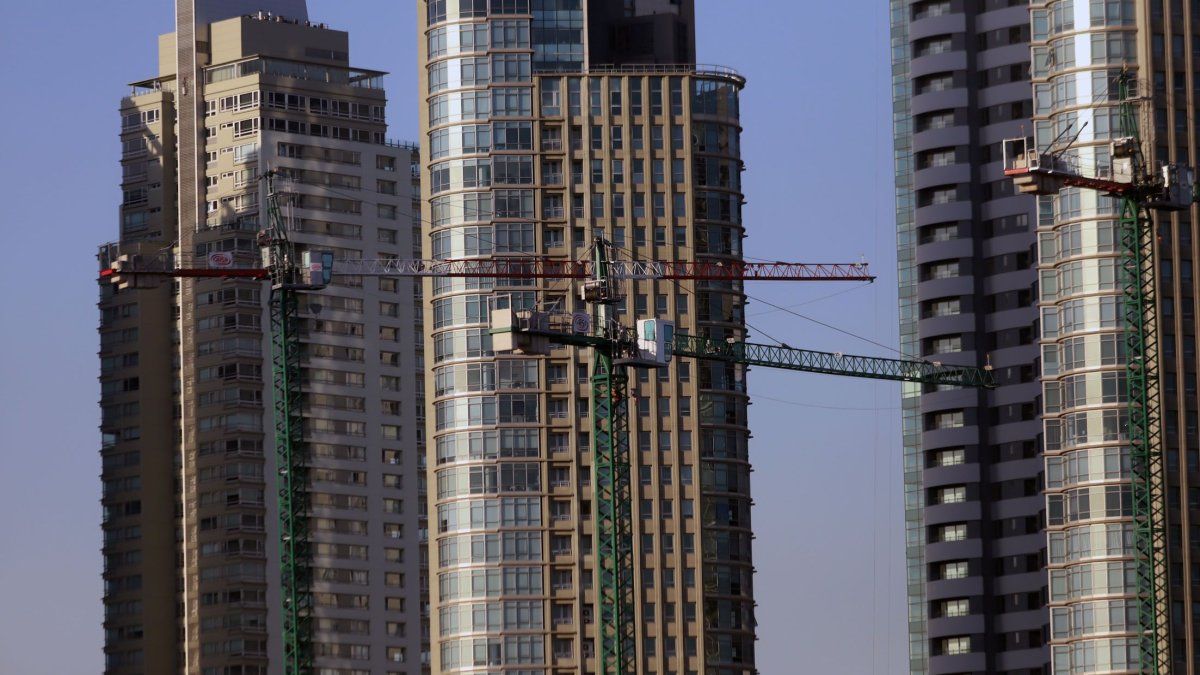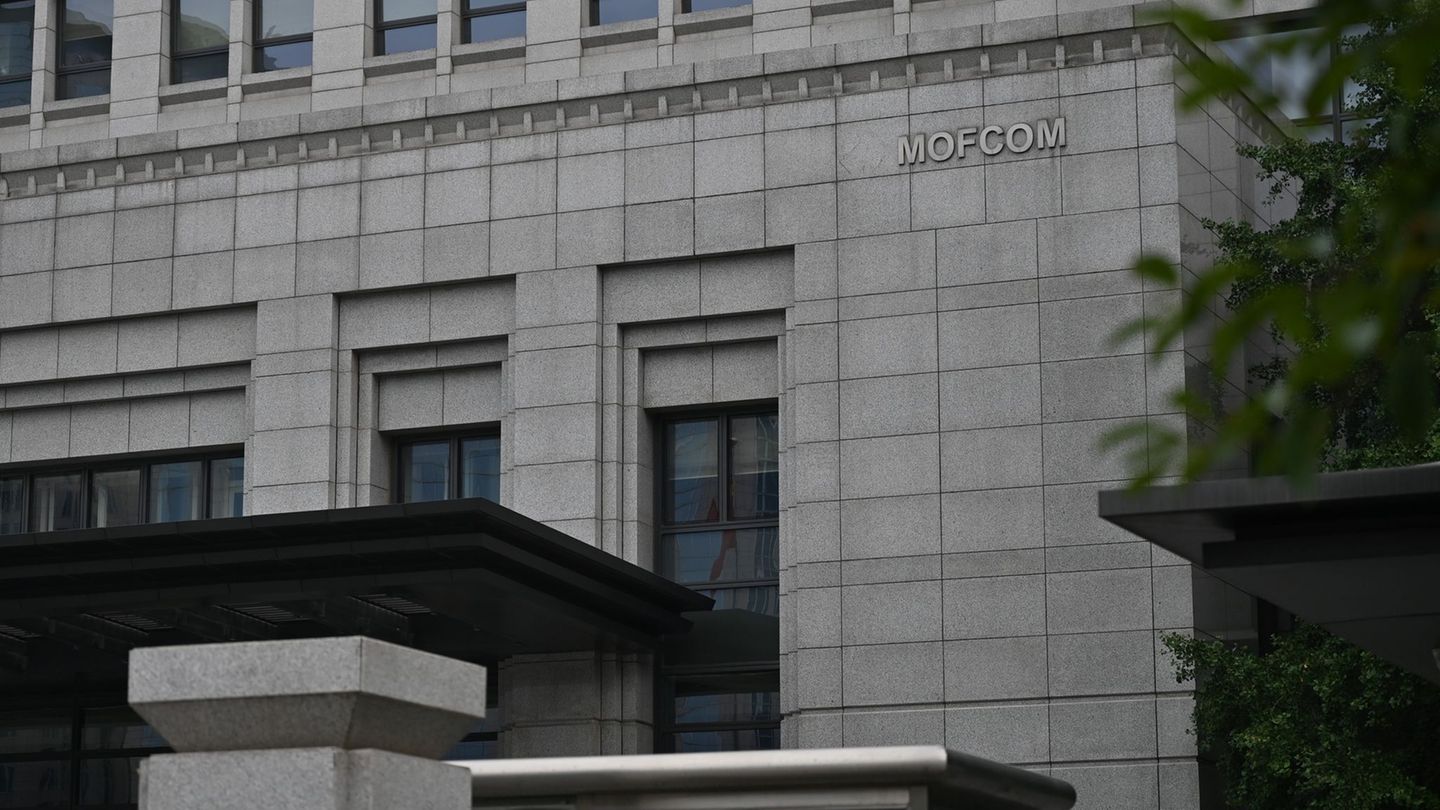The regulations, which take place within the framework of the Asset Regularization Regime of the Law on Palliative and Relevant Fiscal Measureswill come into effect in the next few hours through the General Resolution No. 5549/24which will be published in the Official Gazette. According to the agency, the works can be reported in order to allocate the regularized funds no limit and no cost.
Who will be able to enter the AFIP Real Estate Projects Registry (REPI)
The entity led by Florence Misrahi reported that “the subjects affected are the Direct investors, developers, builders, investment vehicles or contractors of construction contracts“.
“Those who register should not open a Special Regularization Account for To receive the regularized funds, they simply have to associate and register an account in their ownership to the project. This measure is in line with the recent Communication “A” 8090 issued by the Central Bank of the Argentine Republic (BCRA),” reported AFIP.
Buildings Construction Housing Apartments Puerto Madero Real Estate
Ignacio Petunchi
What real estate projects will be included in the money laundering?
The AFIP announced that the registry will include both direct investments as hints for construction “of residential buildings, non-residential, rural, land subdivision, renovations, expansions, installations, improvements“, as well as “any project that, in accordance with building codes or similar provisions, requires notification, authorization or approval from a competent authority.”
At the same time, they explained that those will be included contracts for the leasing of works on own property for industrial, productive, residential or commercial purposes.
The agency reported that those subjects who opt for any of the investments covered by the new provision must provide “the banking entity with the registration code of the real estate project and the constancy of the Uniform Banking Code (CBU) associated with the project to which the transfers of funds will be made.”
AFIP controls in construction
In parallel with the money laundering launched in the real estate sector, the General Directorates of Taxation and Social Security Resources led joint operations with a comprehensive approach that included simultaneous actions of information gathering and registration control of employees in construction sites, investors and notaries.
The federal administration reported that as a result of these surveys “were identified 188 relevant investors who are registered with the AFIP only as self-employed workerswhile another 135 subjects operate outside the system, of which 80 do not have a CUIT number and 55 are not registered for taxes, having invested, between them, a sum of 6,000 million pesos.”
Regarding the registration of workers, it was verified that “More than 50% have irregularities. Of this percentage, 20% have not declared, while the remaining 30% declared that they receive part of their salary informally.”
Source: Ambito




